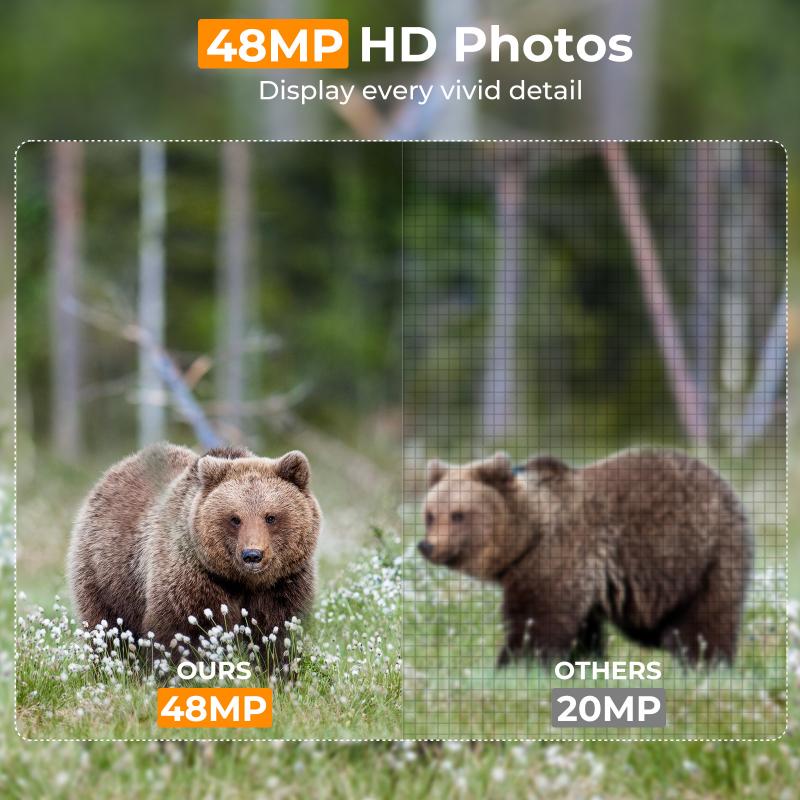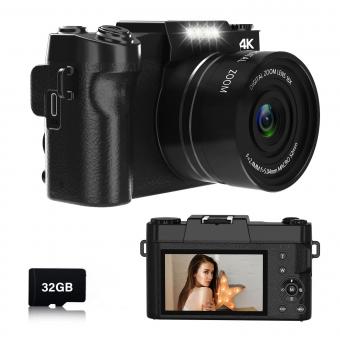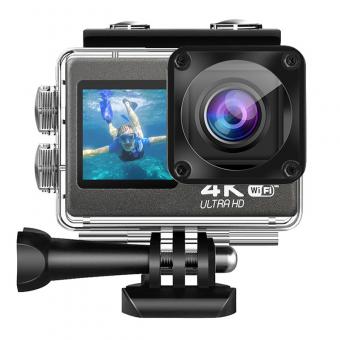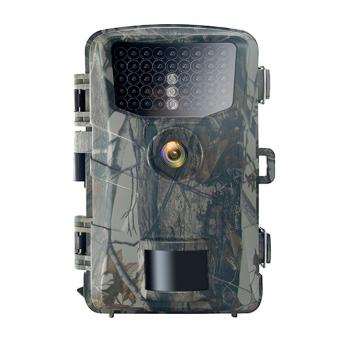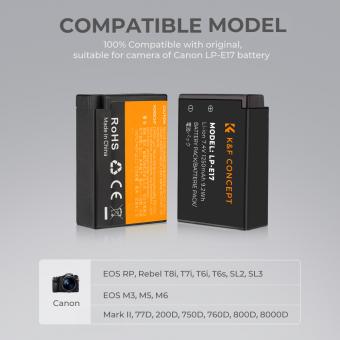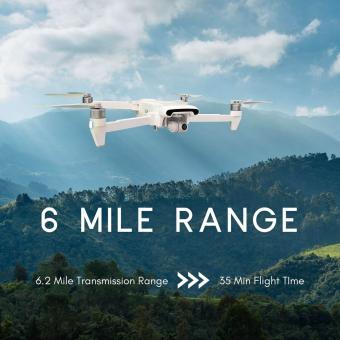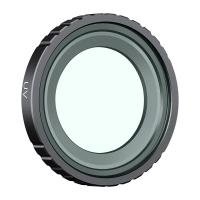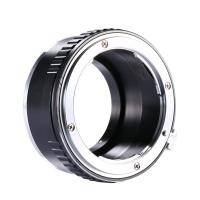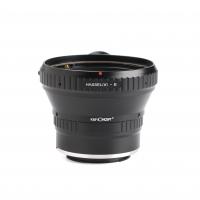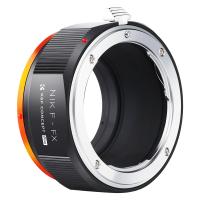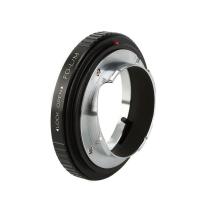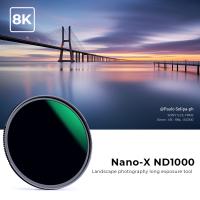What Is 4k Camera ?
A 4K camera is a digital camera that can capture video footage at a resolution of 3840 x 2160 pixels, which is four times the resolution of standard high-definition (HD) video. This high resolution allows for greater detail and clarity in the footage, making it ideal for professional videography, filmmaking, and broadcasting. 4K cameras are commonly used in the film and television industry, as well as for sports and nature documentaries, and are becoming increasingly popular for consumer use as well. They typically have larger sensors, better image stabilization, and more advanced features than standard HD cameras, and can be used to create stunning, high-quality video content.
1、 Resolution
What is 4k camera? Resolution. A 4k camera is a camera that can capture video or images at a resolution of 3840 x 2160 pixels, which is four times the resolution of 1080p. This means that 4k cameras can capture more detail and produce sharper images than traditional HD cameras. The increased resolution also allows for greater flexibility in post-production, as footage can be cropped or zoomed in without losing quality.
In recent years, 4k cameras have become increasingly popular in the film and television industry, as well as among amateur videographers and photographers. Many high-end smartphones and consumer cameras now offer 4k recording capabilities, making it more accessible than ever before.
However, it's important to note that simply having a 4k camera does not guarantee high-quality footage. Other factors such as lens quality, sensor size, and image stabilization also play a significant role in producing professional-looking content.
Overall, a 4k camera is a powerful tool for capturing high-quality video and images, but it's important to consider all aspects of the camera and its capabilities before making a purchase.

2、 Sensor size
Sensor size is a crucial aspect of a camera that determines the quality of the images and videos captured. It refers to the physical dimensions of the image sensor that captures light and converts it into digital signals. The larger the sensor size, the more light it can capture, resulting in better image quality, especially in low-light conditions.
In recent years, the advent of 4K cameras has revolutionized the photography and videography industry. A 4K camera is a camera that can capture video footage with a resolution of 3840 x 2160 pixels, which is four times the resolution of Full HD. This high resolution provides stunning detail and clarity, making it ideal for professional videographers and photographers.
The latest 4K cameras come with larger sensor sizes, which enable them to capture more light and produce better image quality. For instance, the Sony A7S III has a full-frame sensor that is 35mm in size, making it one of the best low-light cameras on the market. Similarly, the Panasonic Lumix GH5S has a Micro Four Thirds sensor that is smaller than a full-frame sensor but still produces excellent image quality.
In conclusion, sensor size is a critical factor in determining the quality of images and videos captured by a camera. The latest 4K cameras come with larger sensor sizes, which enable them to capture more light and produce better image quality. As technology continues to advance, we can expect to see even more significant improvements in camera sensor sizes and image quality.

3、 Frame rate
Frame rate refers to the number of individual frames or images that are displayed per second in a video. The higher the frame rate, the smoother the video appears to the human eye. In the world of video production, frame rate is an important consideration as it can affect the overall quality and feel of the final product.
With the rise of 4K cameras, frame rate has become even more important. 4K cameras are capable of capturing video at a resolution of 3840 x 2160 pixels, which is four times the resolution of standard HD video. However, capturing video at such a high resolution requires a lot of processing power and storage space. This is where frame rate comes into play.
Most 4K cameras are capable of capturing video at a frame rate of 30 frames per second (fps). However, some cameras can capture video at higher frame rates, such as 60 fps or even 120 fps. Higher frame rates can result in smoother, more fluid motion in the final video, which can be particularly useful for action scenes or sports footage.
It's worth noting that higher frame rates also require more processing power and storage space, so it's important to consider your needs and budget when choosing a camera. Additionally, not all playback devices or platforms support higher frame rates, so it's important to check compatibility before investing in a camera with a high frame rate capability.
Overall, frame rate is an important consideration when choosing a 4K camera. Higher frame rates can result in smoother, more fluid motion in the final video, but they also require more processing power and storage space. As technology continues to evolve, we can expect to see even higher frame rates and more advanced video capabilities in the world of 4K cameras.

4、 Bitrate
Bitrate refers to the amount of data that is processed per second in a video or audio file. It is measured in bits per second (bps) or kilobits per second (kbps). The higher the bitrate, the more data is processed, resulting in higher quality video or audio.
In video production, bitrate is an important factor to consider when choosing a camera or encoding settings. A higher bitrate can result in better image quality, but it also requires more storage space and processing power. On the other hand, a lower bitrate can save storage space and processing power, but it may result in lower quality video.
With the rise of 4K cameras, bitrate has become even more important. 4K resolution requires a higher bitrate to maintain the same level of quality as lower resolutions. This is because 4K has four times the number of pixels as 1080p, which means there is more data to process.
In recent years, there has been a trend towards higher bitrate video, with some cameras and streaming services offering 4K video at bitrates of up to 100Mbps. This has resulted in higher quality video, but it also requires more storage space and faster internet speeds.
Overall, bitrate is an important factor to consider when producing or consuming video content. It can have a significant impact on the quality of the final product, and it is important to balance bitrate with other factors such as storage space and processing power.
